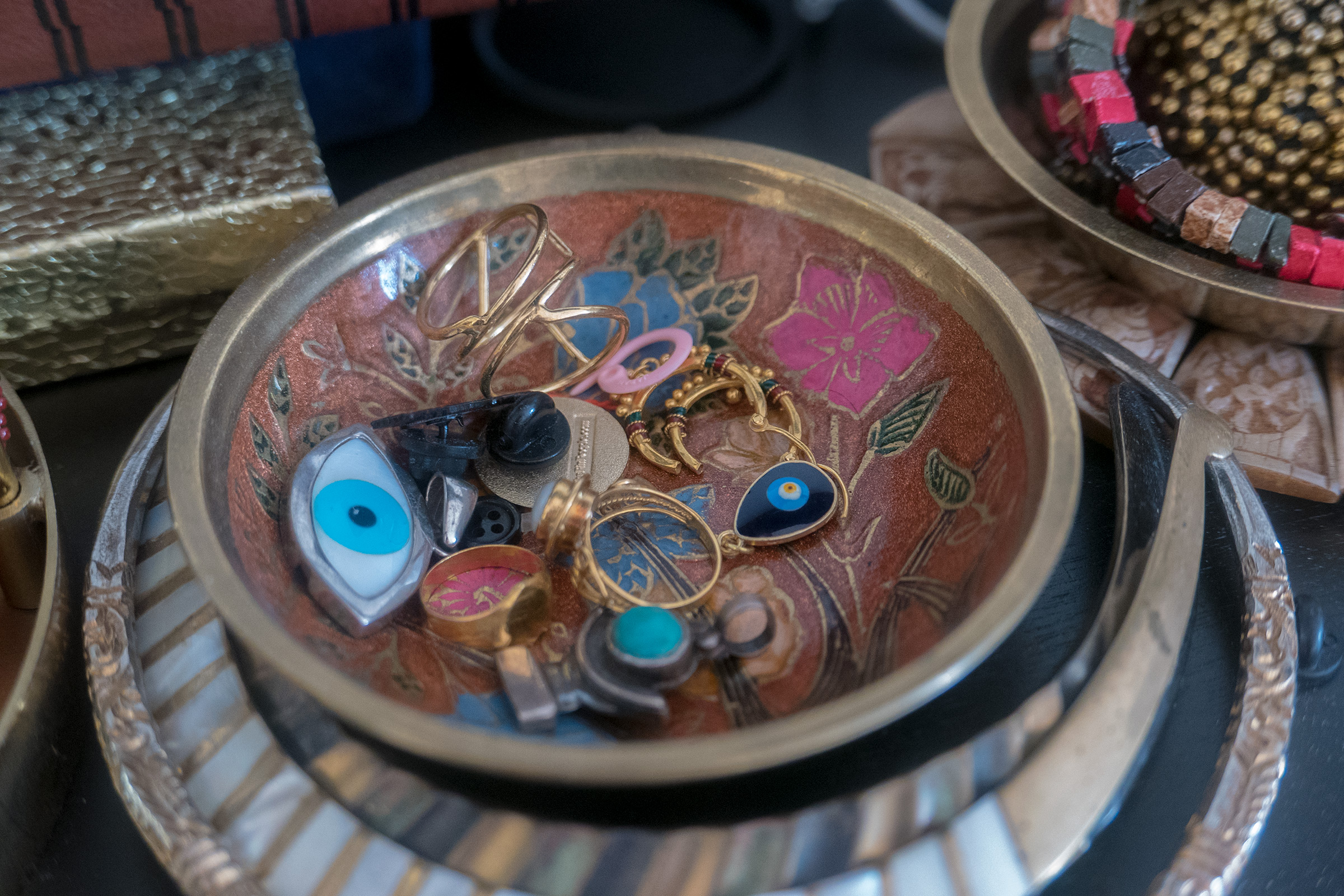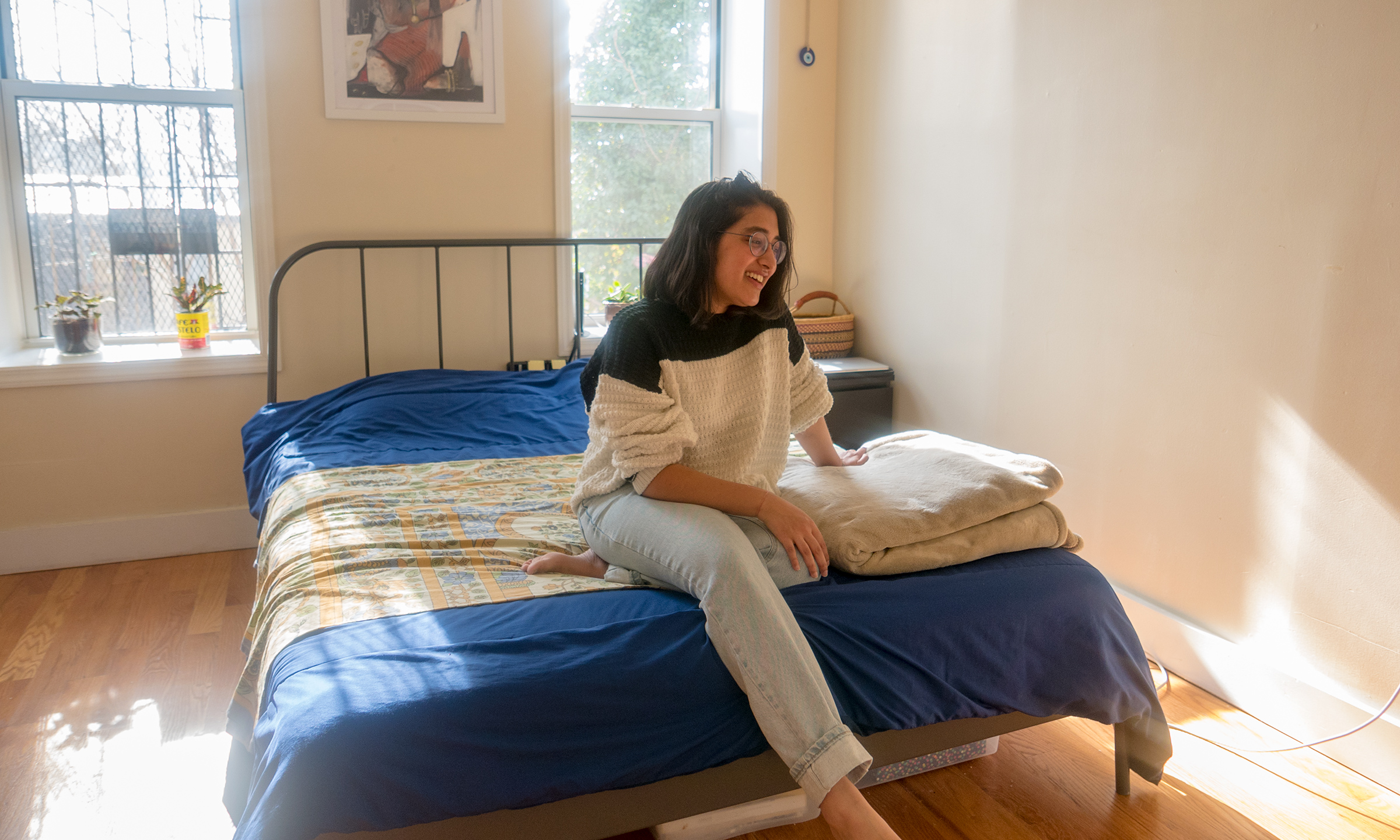
Nadya Agrawal on fostering inclusive spaces and the importance of conscientiousness
Nadya Agrawal is the founder and Editor-in-Chief of Kajal Magazine, a digital and print publication which focuses on culture, creativity and social-consciousness within the South Asian diaspora, and has written prolifically for publications such as Teen Vogue, The Huffington Post and PAPER Magazine. In her work and in life, Nadya is immensely reflective, interrogating how as individuals we can learn from our lived experiences, and the ways in which we can implement these understandings into to our communities.
From her serene home in Bed-Stuy, Brooklyn, Nadya spoke to us about cultivating spaces for people of color, and the love and hard work needed to make dreams come true.
Nadya, tell us a bit about yourself.
Sure! I’m originally from Houston, Texas and grew up in California. I spent a few years in London working and studying, and now I’m in New York City. And I’m a Gemini sun with an Aries moon.
In 2014, you started Kajal Magazine, a South Asian-centric magazine that explores poetry and prose, as well as the arts and queer culture from a South Asian perspective. What caused you to make this move?
At the time I was really considering a job in media and I wanted to publish my work somewhere legit. I realized there wasn’t really something for me, and I was intimidated by the seeming whiteness of the media landscape. I figured there were others like me, brown folks trying to place a story and find a supportive editorial family, so I made Kajal for them. To be honest, I didn’t know what I would do after the first ten articles came out but now that’s three years ago and we’re still going strong.
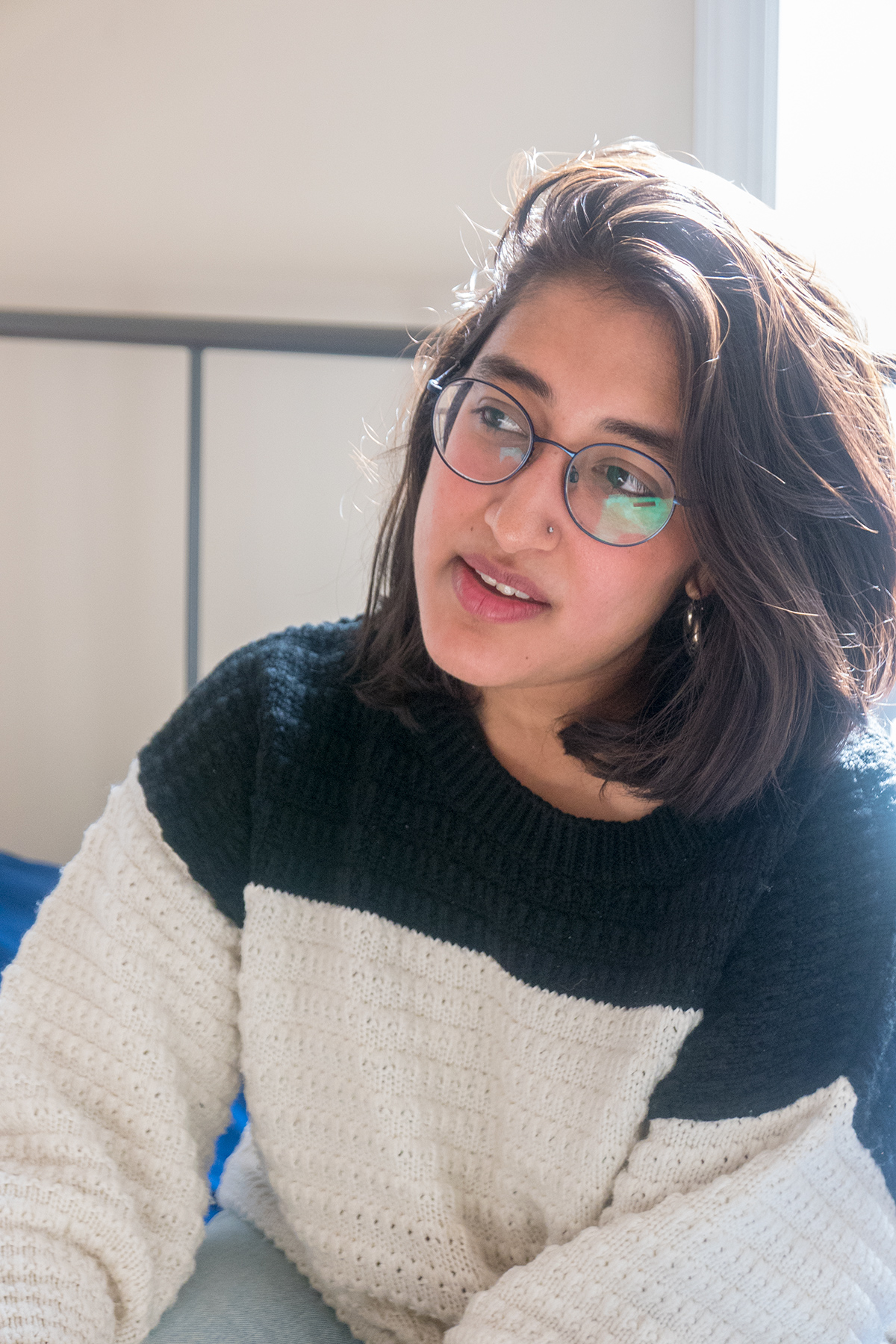
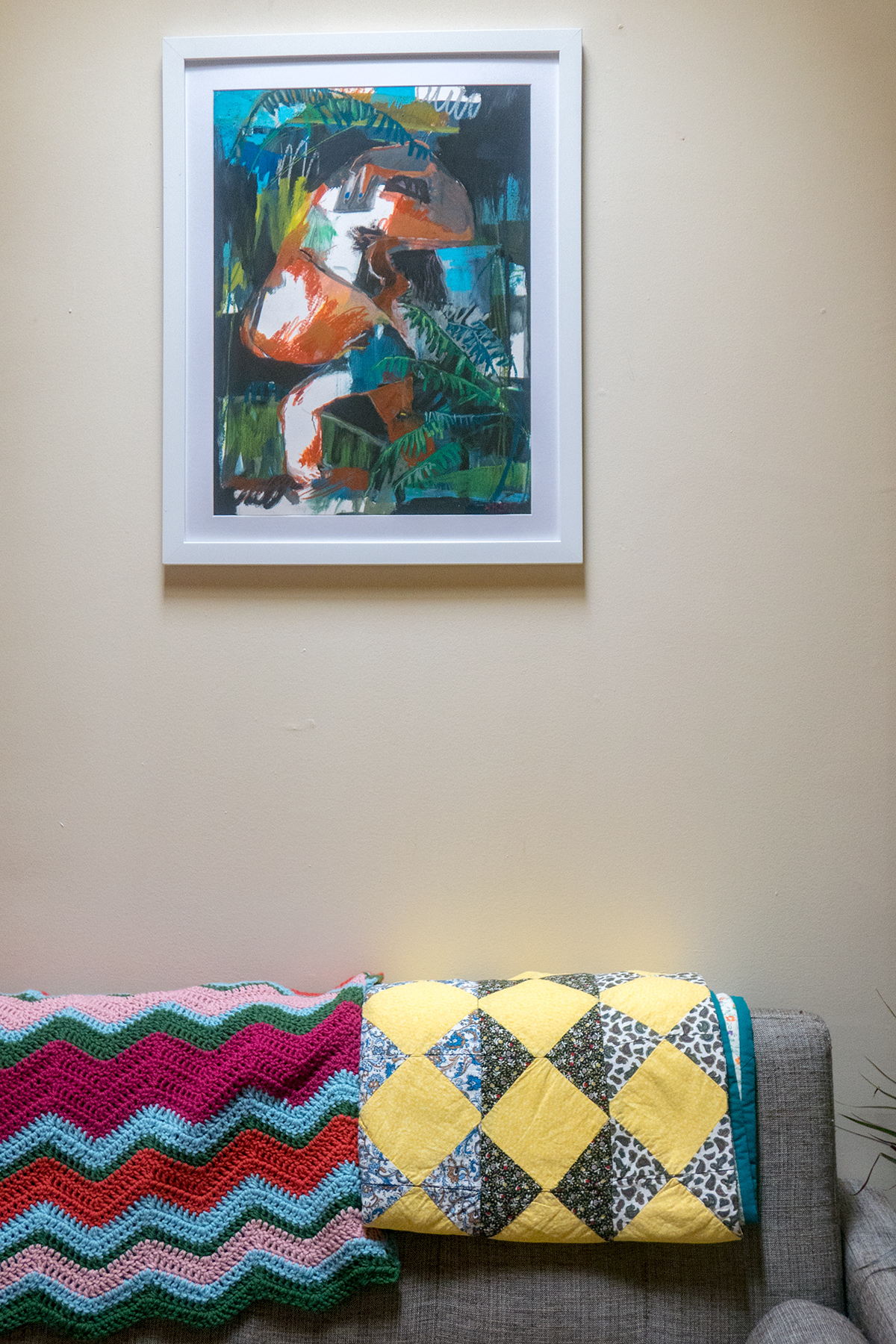
You wrote about your experiences with colorism for The Huffington Post, in which you make the difficult acknowledgement: “It’s because I’m prettier, I would think. It was because I am lighter, I know now.” How did you come to recognize and reconcile with your skin privilege? What can communities of color begin to unlearn about the preoccupation with fairness/whiteness?
It’s hard to be online nowadays and not read about the experiences of so many people as they interrogate daily injustices. Reading about colorism in college made me rethink my own experiences. I won’t call myself fair, but I’ll say I do not experience colorism working against me that often and that’s enough to understand it as a privilege I hold. It was hard at first to realize this about myself – I recognize oppression when I’m the victim of it, so to have to say “well, it’s actually not as bad because you’re not dark-skinned” felt like it was checking my own gains. It’s just like realizing being able-bodied or straight or white or thin means you didn’t have to work as hard as others did to get to where you are. Your immediate feeling is “Wait! No! I deserve what I have!” but you have to own up to the fact that you’re playing the game with a better hand of cards.
In terms of what communities of color can do to unlearn colorism, I’m not sure. It’s a difficult thing to eradicate. And it’s literally based in things like anti-Blackness and racism and casteism for South Asians. If we can’t get rid of those things, colorism is going to be hard to remove. I will say that just because someone is fair-skinned, it doesn’t make them capable, kind, or deserving. We need to stop associating virtues with skin color. It does us all a disservice and gives rise to light-skinned mediocrity.
In what ways is Western media lacking in its representation of the South Asian diaspora, and what measures need to be taken by media industries to create a balance for inclusivity?
I mean, everything is lacking in representation. Not just media. Not any single industry. We see that in the lack of nuance when telling South Asian stories.
I’m not totally convinced by this argument of representation being the most important thing, but at the same time it’s undoubtedly true that having more diverse reporters and story-tellers means we have accesses to a bigger, truer picture. So, I guess, hire more South Asians and people of color to work behind the scenes and support them as they work. Make sure they have access to mentors, further education, leadership opportunities, management fast tracks, etc.
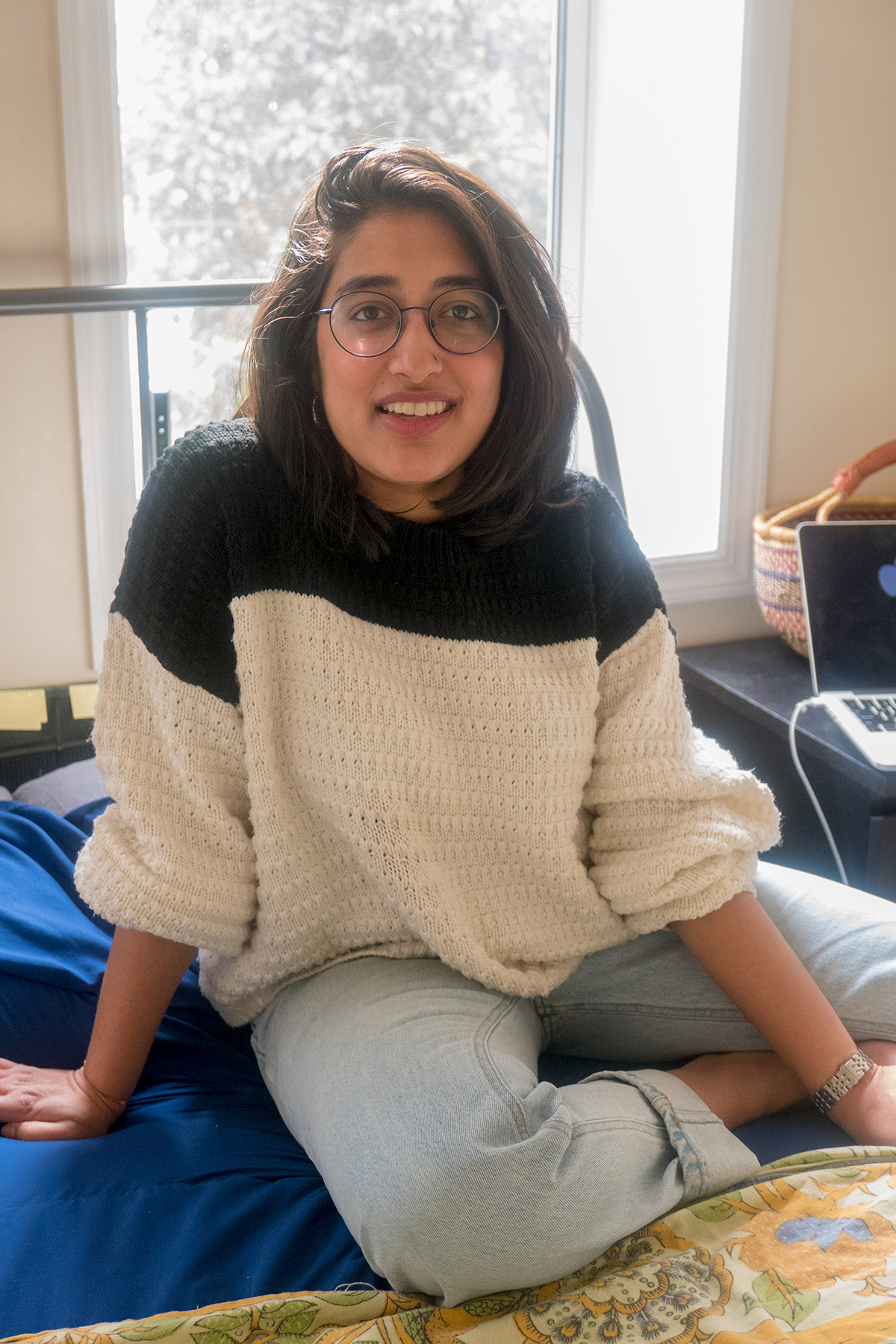
What has been one of the most formative experiences of your career thus far?
Working on the Breaking News Desk at the Huffington Post. I was honestly blessed to have access to so many great journalistic minds when I was there, and so many folks took the time to teach me how to craft articles. My skills were forged in fire as we dealt with major, Earth-shattering news stories together. I also made amazing friends among the writers and creatives there, many of whom I regularly see even though we’ve left Huffington Post.
What advice would you give to someone wanting to start their own magazine?
I have so much to say about this!
First, make sure it’s what you want to do. 100% you’re all in. You really need a lot of energy to run a magazine. I’ve seen so many magazines start out, make a big deal on social media about launching, and then flounder in the space of a few weeks before ultimately being abandoned months later. If your goal is to simply “make something” then really interrogate that. Are you going to be able to consistently publish? Are you going to be able to respond to all the emails, edit all the pieces, and do all the other work you need to do in your life? Be honest with yourself. If it doesn’t seem likely, think about supporting stuff that already exists.
Second, if starting a magazine is what you want to do, you should be reading a lot. I mean A LOT. I would say good writing and editing is 90% wide reading.
Third, don’t be exclusive but be discerning. Be open to forging connections and making space for folks, but you don’t need to publish everything that comes across your desk or flits into your head.
Finally, pieces you publish deserve good editing. Give the work the time and energy it deserves to be great.
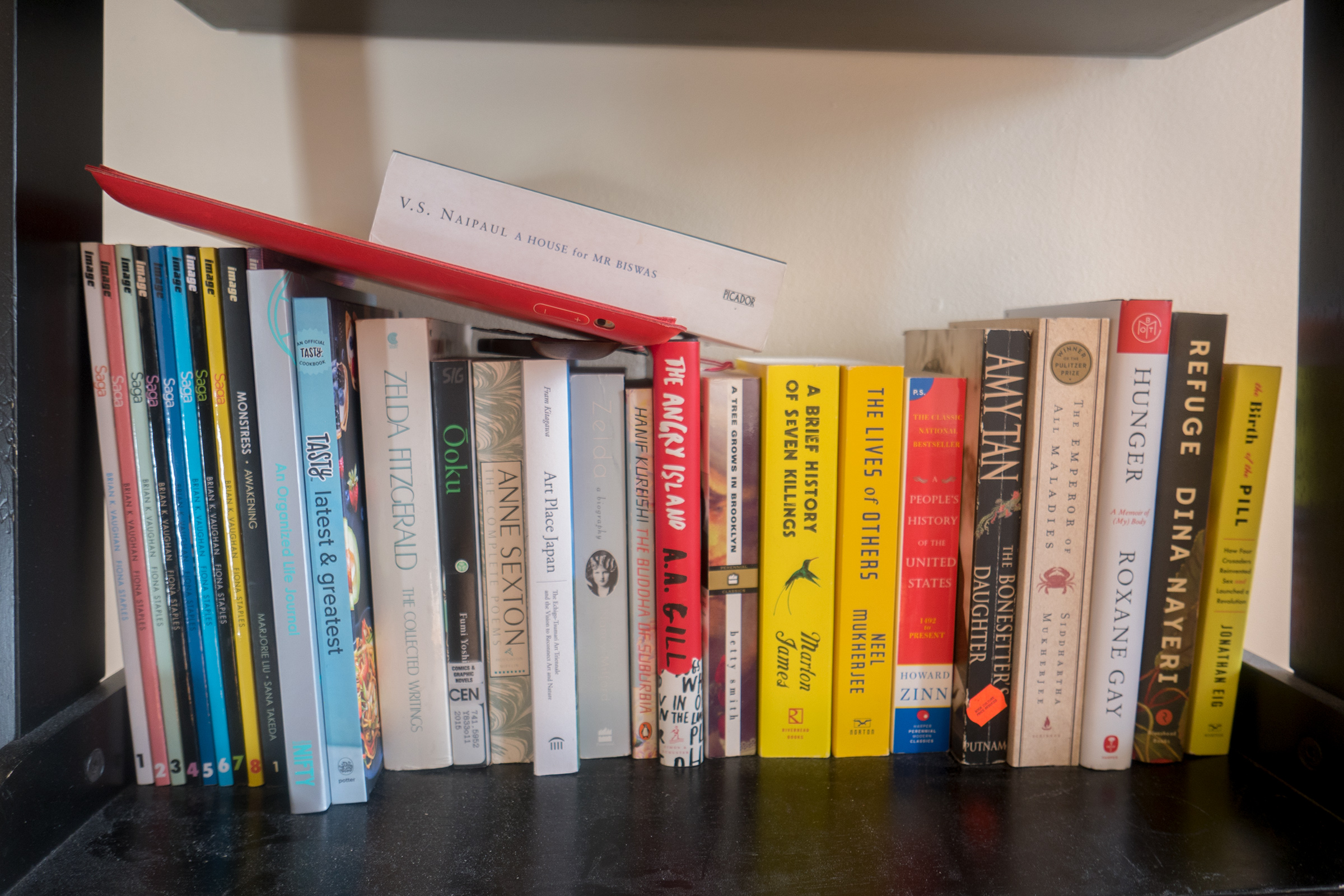
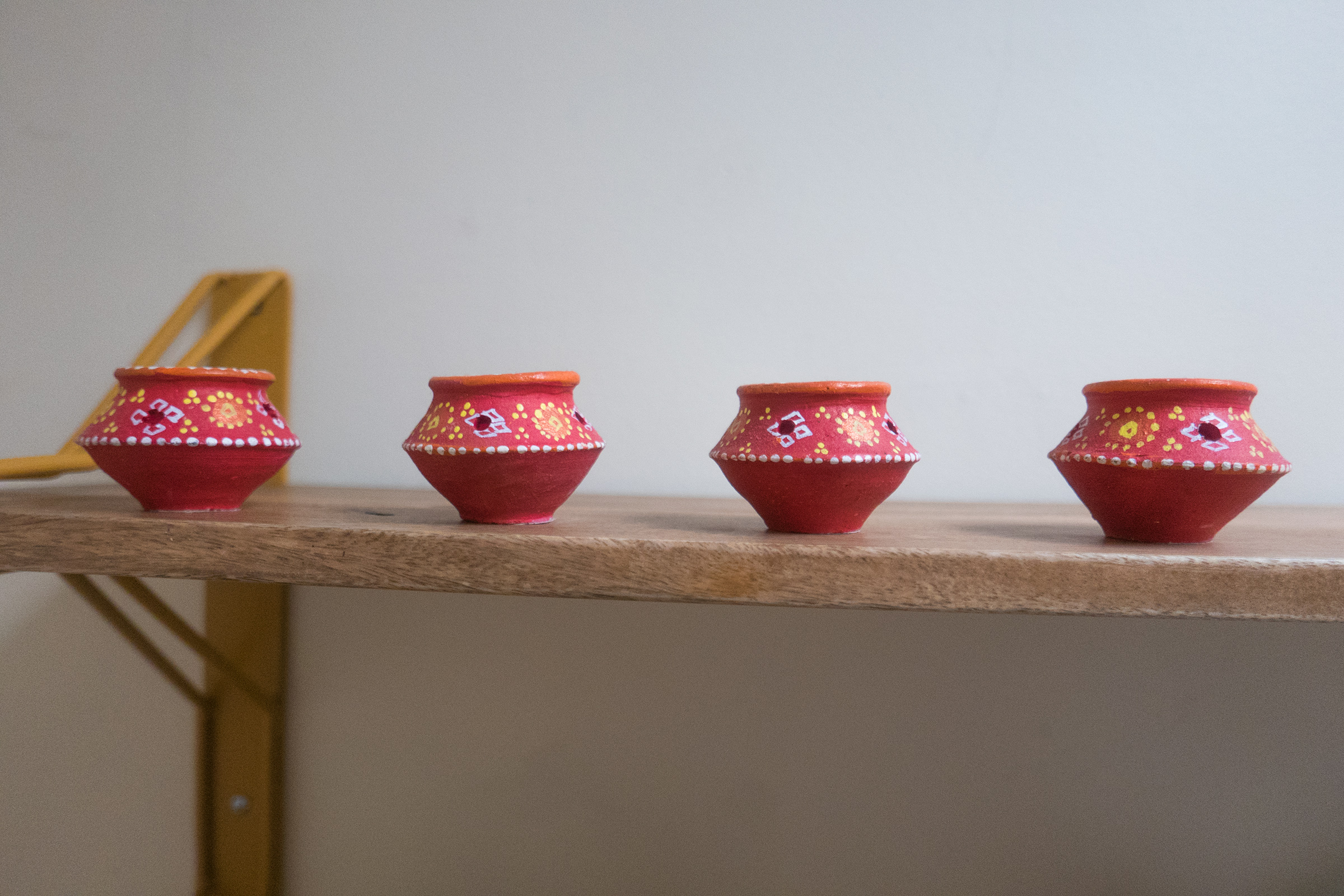
You’ve written extensively for several respected publications, including Teen Vogue and Hazlitt, and have founded a popular digital magazine. What have been some challenges you’ve encountered on your journey to establishing yourself as a writer and editor?
Being mined for trauma. It’s difficult to get opportunities when you don’t have the connections and sometimes it feels like they’re just asking you to write because your experiences are en vogue. It can be dehumanizing.
But the money is the biggest challenge. Honestly, there’s not a lot of money in this and commissions are falling every year it feels like. What might have been a $500 or $800 piece a few years ago is now a measly $150-200 piece. It’s hard to keep your head above water when you’re starting out writing full-time. I really struggled with this when I was freelancing.
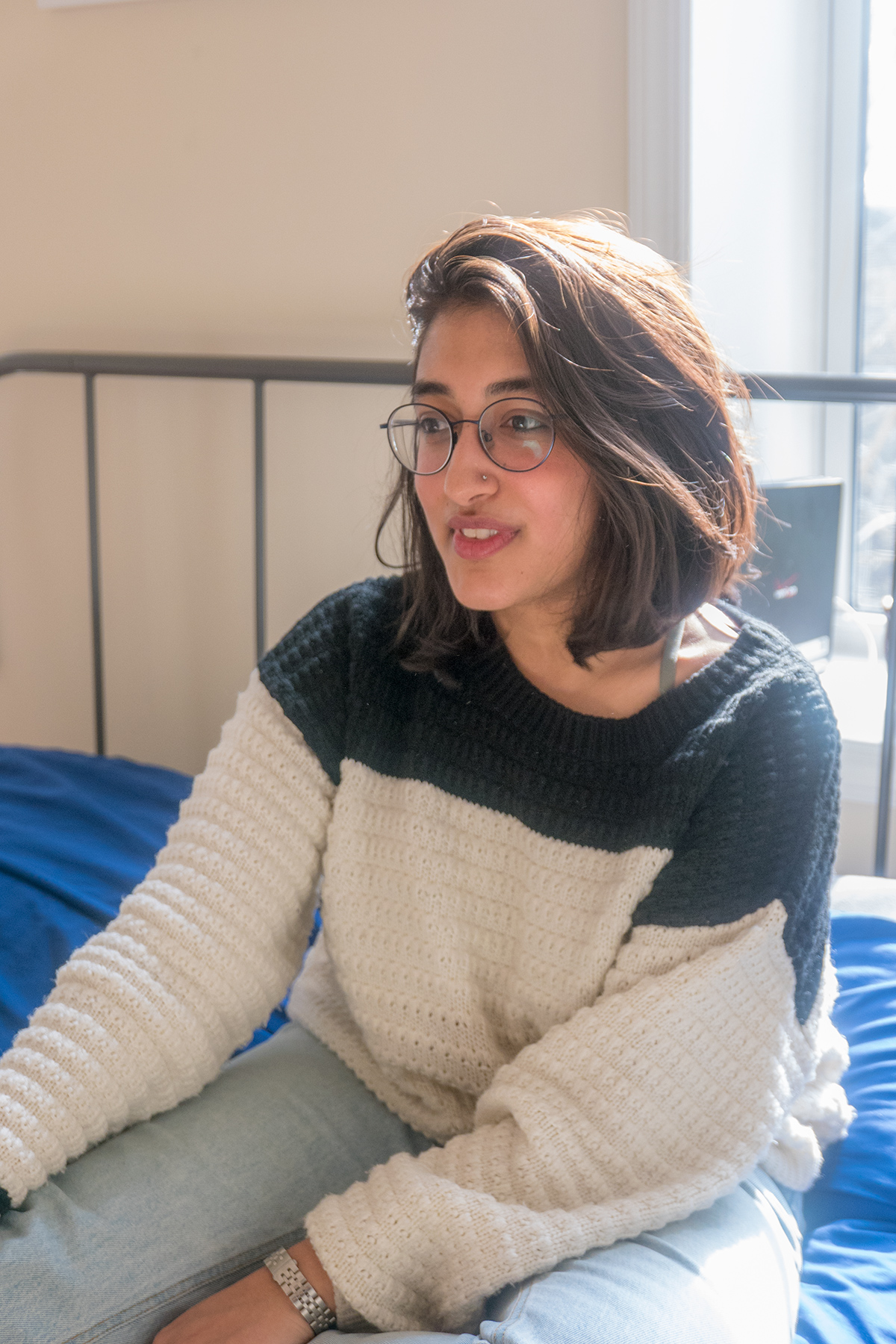
What does success mean to you?
Being financially and emotionally secure and still having the room to grow creatively.
Who are some writers whose works you are inspired by?
The New Yorker writers Doreen St. Félix and Jia Tolentino walk that line between pop coverage and layered criticism. I find myself studying their word choices probably more than I should.
I read every column Lindy West publishes in the NYT. I think her language is incredibly precise and she knows how to draw blood in the space of a few sentences.
I’m lucky to call Mehreen Kasana a friend, but I’m being candid when I say her writing is objectively on another level. I read and reread her work just trying to figure out how she pieces it all together so seamlessly.
What are some of your practices for staying grounded?
This is a cliché but my partner and I have taken to morning yoga. I’m not really for all the touchy-feely, “be one with the, universe” language of the yoga industrial complex, but having quiet time to stretch together has been restorative. We need to do more, probably dive into some harder poses, but for now I love it.
I’m also a tea fiend. I make whole pots of tea while I work. It’s a small ritual but it anchors me.
What are you reading right now?
Life’s Work by Dr. Willie Parker. One of my best friends gifted it to me last year for my birthday to help with the research I’m doing for a project. It’s about an abortion-provider in the Deep South and how he squares his vocation with his faith. It’s beautifully written and deeply empathetic. Also non-fiction keeps me sharp as I work on creative fiction.
